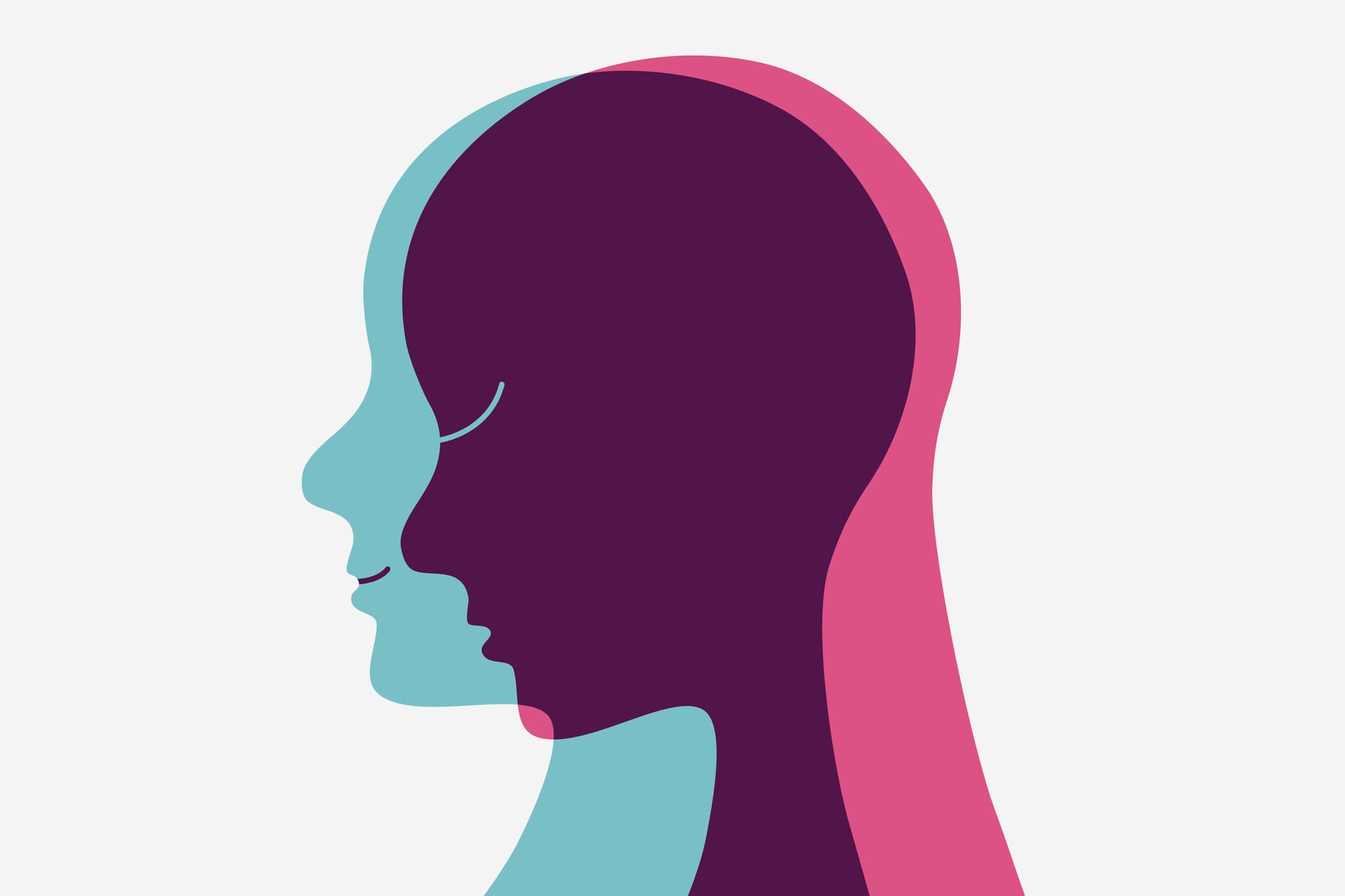
Invisible value
The quiet inequity undermining our sector
I’ve worked in mental health and addiction services for decades. But it wasn’t until I crossed from the DHB system into the NGO sector that I fully appreciated the breadth and depth of clinical expertise we have working in our community-based services.
Let's stop hiding our clinicians in plain sight.
There’s been a long-held assumption — often unspoken, but still pervasive — that if you’re a clinician working in an NGO, you’re somehow “less than” your counterparts in specialist mental health or primary care. That assumption is wrong. It undermines the value of the work, and it holds the sector back.
True value
The reality is our clinicians bring a skillset that is just as robust, just as accountable to evidence, and often more holistic in its application.
We’ve moved beyond the old idea of a one-size-fits-all “registered health professional.” That term flattens a workforce that is rich in specialist knowledge.
What do clinicians in the NGO sector bring?
Five things stand out.
- They’re trained in the therapeutic use of self — the ability to build trust and form relationships that are the cornerstone of all mental health care.
- They’re deeply skilled in talking therapies: CBT, DBT, motivational interviewing — techniques grounded in evidence and adapted to the realities of the people we support.
- Advanced risk assessment capabilities, helping teams make informed, balanced decisions about safety and wellbeing.
- Addictions clinicians in particular carry specialist knowledge of harm minimisation, withdrawal support, and substance use.
- Understanding of trauma. They work across diverse services and with diverse tāngata whi ora and whānau where trauma is present every day and they actively work to avoid triggering trauma response and re-traumatisation.
In other words, they are experts. But we don’t always treat them that way.
Pay equity
Active support for professional development
This isn’t just about fairness — it’s about sustainability. If we want to keep clinical talent in the sector, we need to create career pathways, not just roles. We need to give people a reason to stay. That means actively supporting professional development, investing in postgraduate training, and making full use of initiatives like the New Entry to Specialist Practice programme. We need to be strategic and intentional — not just about who we bring in, but how we grow the people we already have.
The power component
Clinicians in NGOs often straddle two worlds: the clinical language of specialist services, and the recovery-focused language of the NGO sector. They understand what support workers do, because they work alongside them every day. They know that effective care isn’t hierarchical — it’s relational. That insight is powerful. It’s what makes our model of care distinct.
Because the future of Mental Health and addiction care won't just be within our specialist serives it will be built – quetly, steadily – by the people doing the work where its matters most, in our communities.


